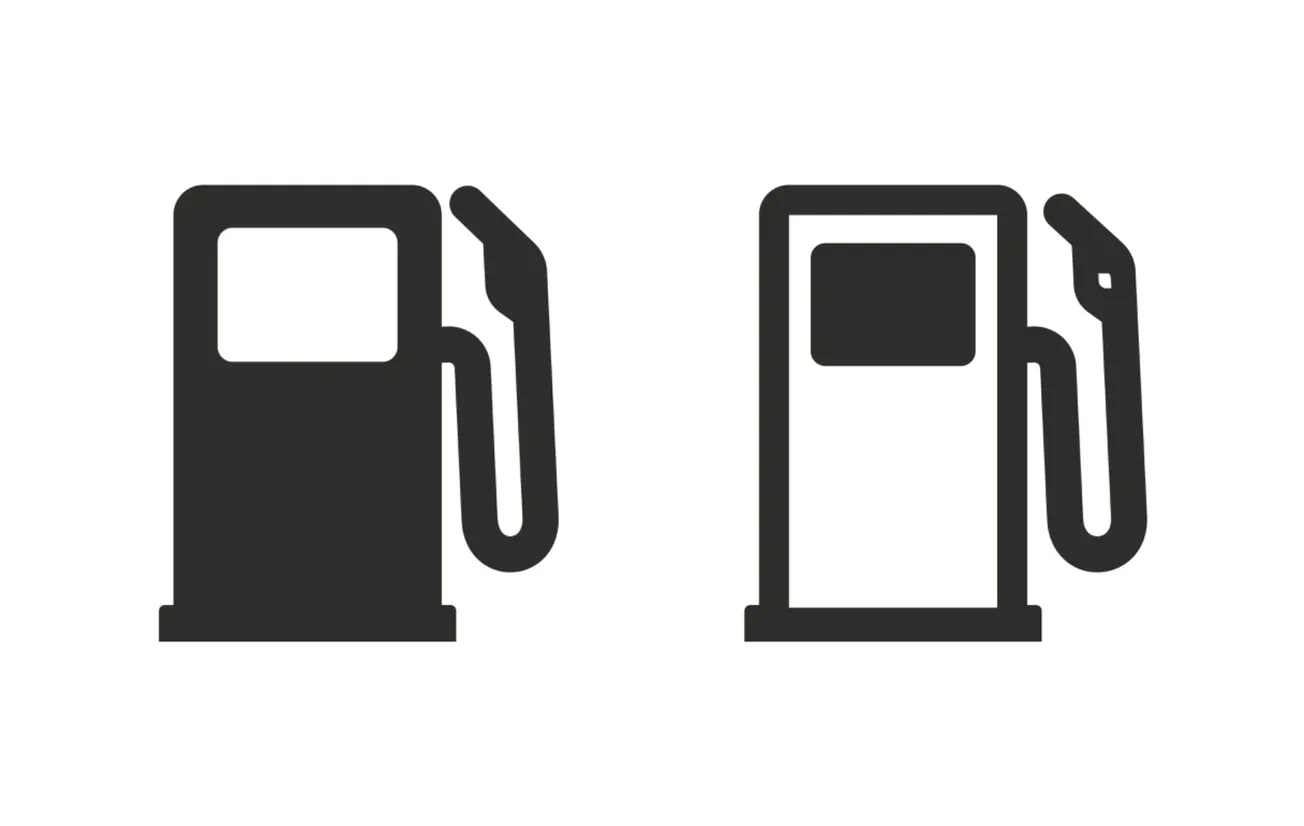Grocery giants Kroger and Albertsons, already fighting regulatory and court challenges to their proposed merger, are now defending the fuel-station side of their operations as well.
The Kroger-Albertsons merger has potential ramifications beyond grocery stores, extending significantly into the gas station sector. Both Kroger and Albertsons operate extensive networks of fuel centers across the United States, which are a critical component of their retail operations.
The merger is expected to create one of the largest grocery chains with integrated fuel centers, possibly leading to a reevaluation of gas pricing and fuel loyalty programs.
Currently, both Kroger and Albertsons offer fuel points and discounts as part of their loyalty programs, which attract a significant number of customers. Combining these programs could enhance consumer benefits, offering more competitive fuel prices and expanded loyalty rewards.
However, antitrust concerns- already a factor on the grocery side of the proposal- also extend to the fuel sector. Regulators and consumer advocates are worried that the merger could reduce competition in areas where both companies operate fuel centers, potentially leading to higher prices for consumers. This is particularly relevant in regions where there are few alternative fuel providers.
As part of the divestiture plan aimed at addressing antitrust concerns, Kroger and Albertsons have proposed selling 579 stores, including some with fuel centers, to C&S Wholesale Grocers. This move is intended to maintain competition in the grocery and fuel markets.
However, the effectiveness of this divestiture is under scrutiny. Critics argue that C&S, which has limited experience in operating retail locations, may struggle to manage these newly acquired stores and fuel centers effectively, potentially failing to provide competitive pricing and services.
The merger has encountered significant legal challenges. A Colorado judge recently issued a temporary block on the merger, citing potential antitrust violations. This decision came in response to a lawsuit by the Colorado Attorney General, who argued that the merger would harm consumers by reducing competition and leading to higher prices. The trial is scheduled to begin in September 2024.
The FTC has also filed a lawsuit to block the merger, supported by several state attorneys general. The FTC's complaint highlights concerns that the merger would eliminate competition, raise grocery prices, and negatively impact workers' wages and benefits.
Labor unions, particularly the UFCW, have expressed concerns about job security and working conditions. They argue that the merger could lead to job losses and deteriorating working conditions, despite Kroger's assurances to the contrary. Consumer advocates share similar concerns about the potential for reduced competition and higher prices - now in gas as well as grocery.
The upcoming trial in Colorado and the ongoing FTC lawsuit are pivotal in determining the merger's future. Both companies remain committed to completing the merger, arguing that it will bring substantial benefits to consumers, employees, and communities.
This merger highlights the complex dynamics of corporate consolidation and regulatory oversight, with significant implications for the retail and fuel markets in the United States. The outcome will likely set important precedents for future mergers and acquisitions in these sectors.








